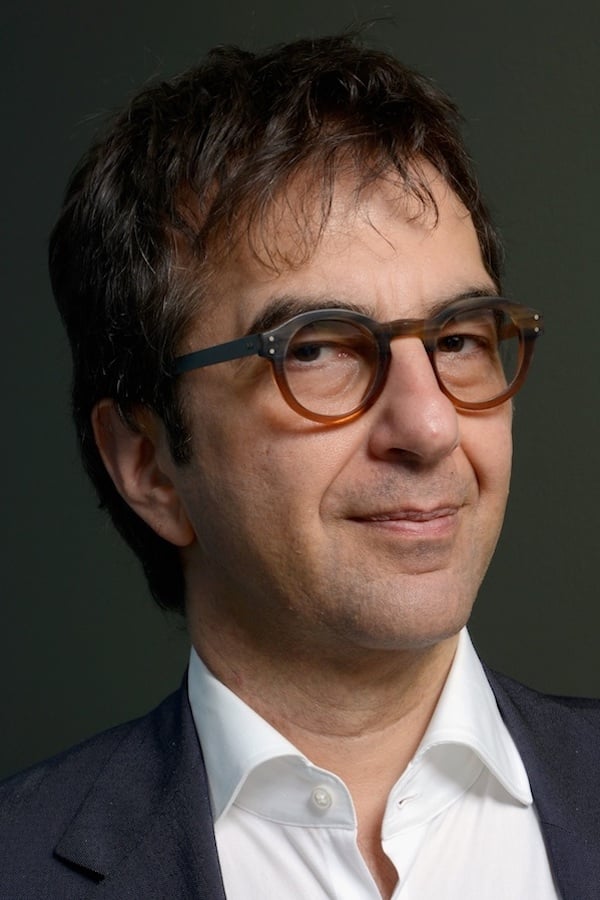
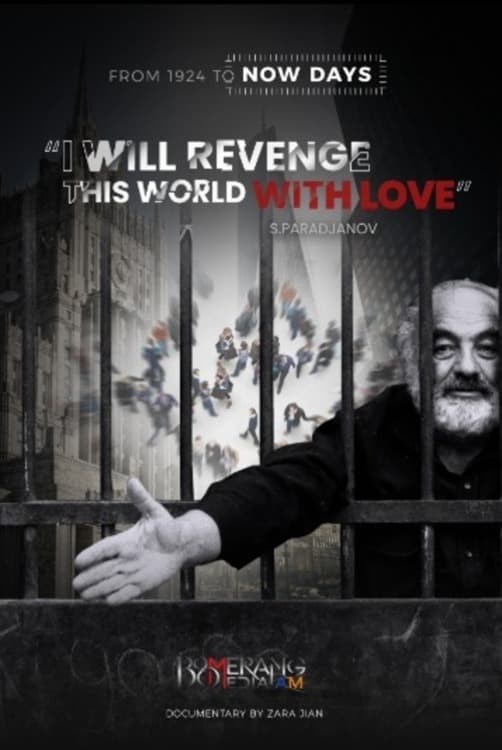
The author of the film decides to leave the country where she lives, in connection with the outbreak of the dramatic events, and return home to Armenia in search of a worthy example and solutions on how to live on. Paradjanov's house becomes a place of inspiration and a point of no return to toxic reality.
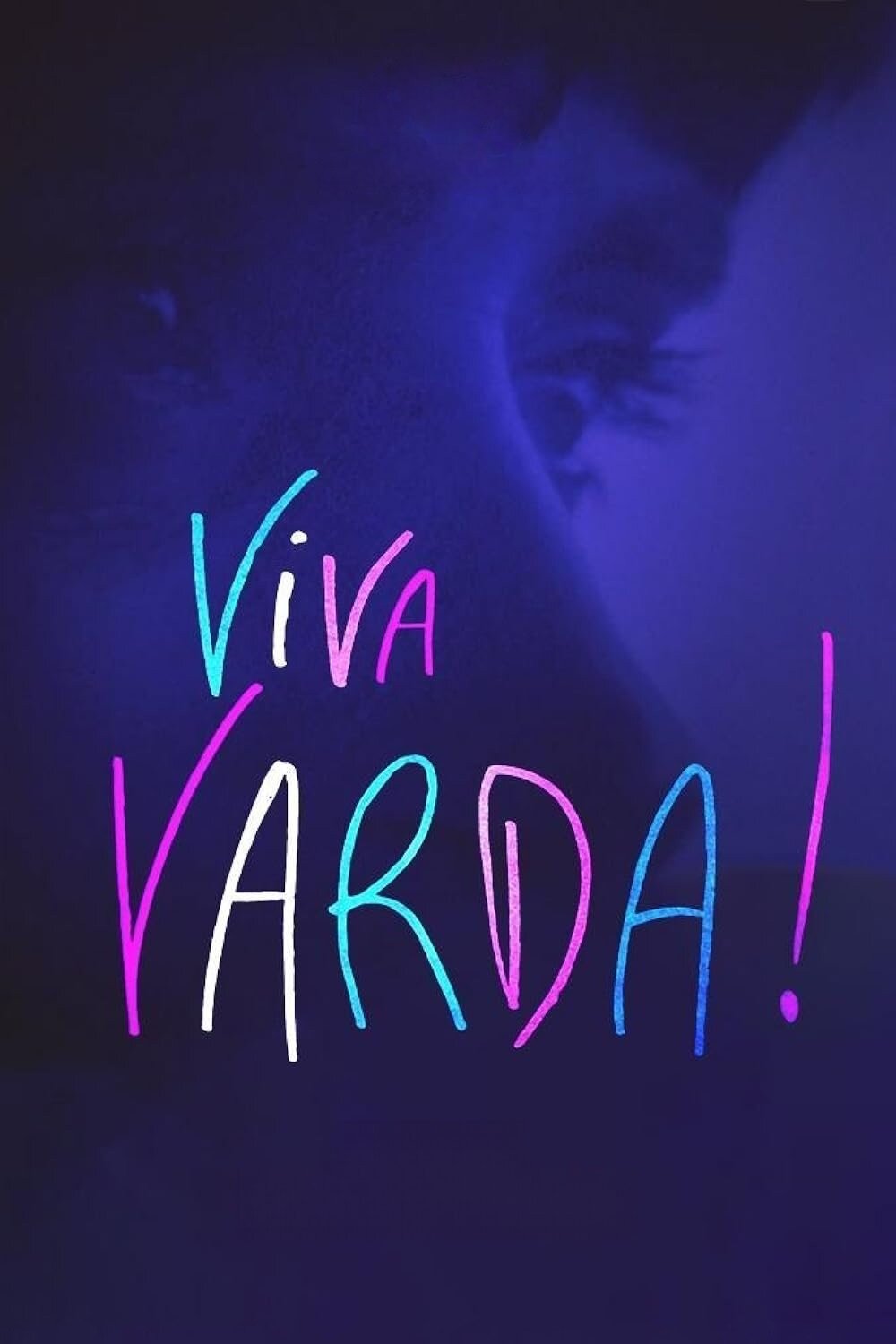
A pioneering post-war female film director, an instigator of the New Wave who was honored by Hollywood in her own lifetime, Agnès Varda has become a source of inspiration for a whole new generation of young filmmakers. With movies like Cléo de 5 à 7, Le Bonheur, Sans toit ni loi, Les Glaneurs et la glaneuse, she created a quirky, open to the world, sensitive to the disenfranchised, often silly body of work. Always one finger on the pulse, she shook everything up, including cinema itself which she refused to constrict to pure fiction or long-form films.
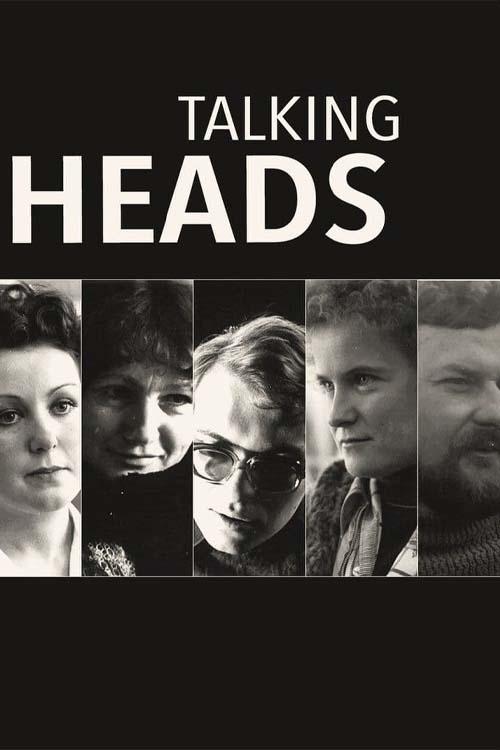
The film was inspired by one of the most important documentaries shot by Krzysztof Kieślowski, Talking Heads (1980). The director asked his interlocutors seemingly simple questions, such as “Who are you?” and “What do you want?”.

Marc Labrèche, the Director of this documentary, himself an author, actor and host, meets other creators to ask them these questions that inhabit him. Do artists have an expiry date? Do we create our best works in our youth or, on the contrary, does experience allow us to develop a greater mastery of our medium? In this respect, are there important differences between the different forms of art such as music, cinema and literature?
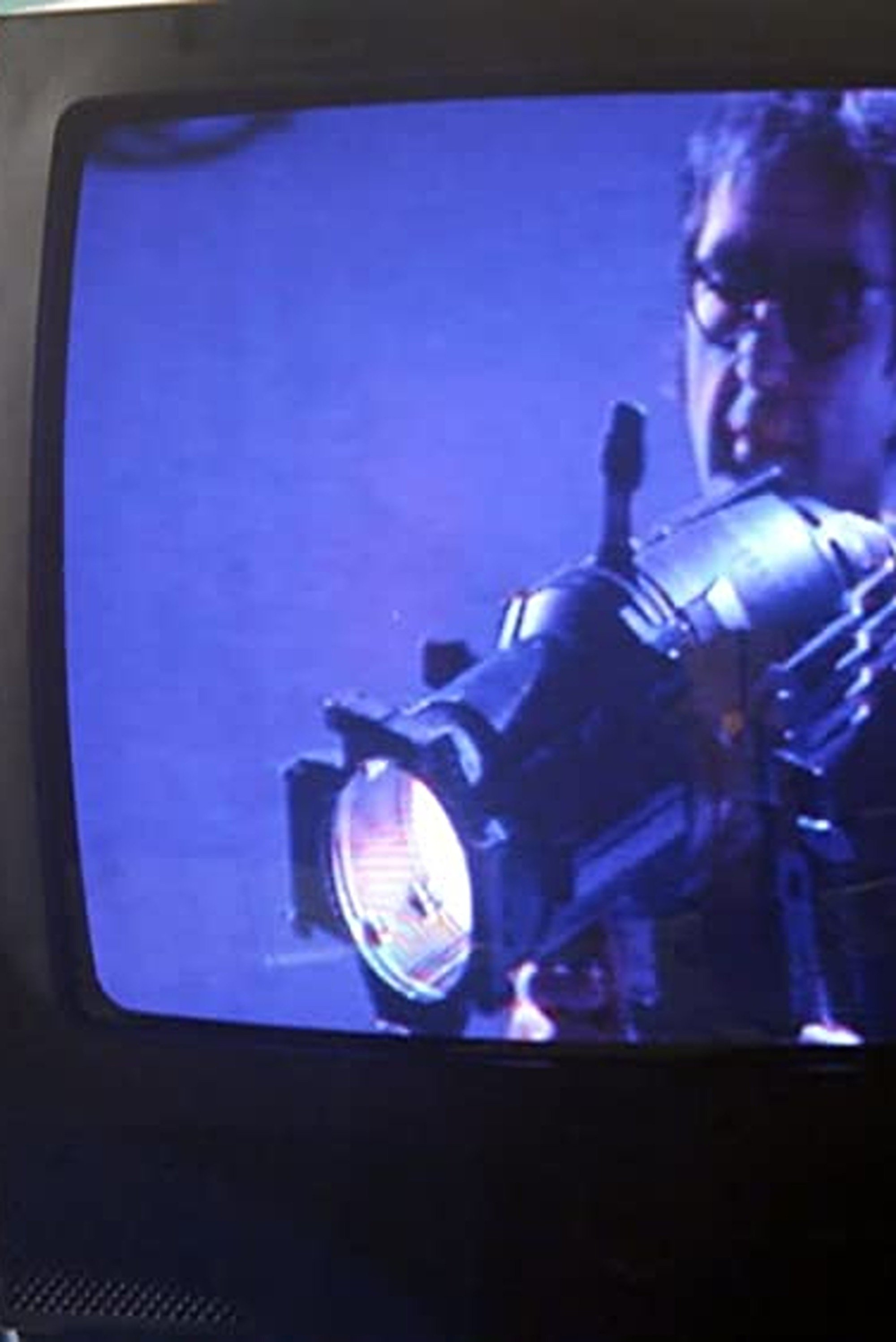
Sculpting Memory places Atom Egoyan in an audiovisual environment woven from the fabric of his own films―a conceptual move that references Egoyan’s adaptation of Beckett’s Krapp’s Last Tape while evoking Egoyan’s own work as a moving-image installation artist and his concern with the recording and displaying of images.

Home video changed the world. The cultural and historical impact of the VHS tape was enormous. This film traces the ripples of that impact by examining the myriad aspects of society that were altered by the creation of videotape.
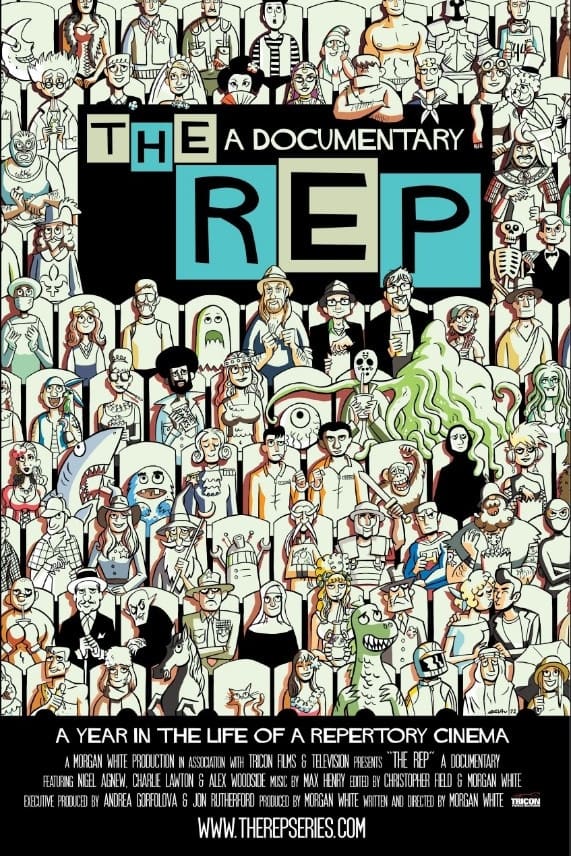
Follows the first year of business for Alex, Charlie, and Nigel as they try to make their theatre, The Toronto Underground Cinema, a success in the dying world of repertory cinema. The film also places the cinema in context to the larger world of rep. Featuring interviews with theatres such as Film Forum in NYC, The Alamo Drafthouse in Austin, and The New Beverly Cinema in L.A., and celebrities such as Kevin Smith, John Waters, Atom Egoyan, and George A. Romero, the world of repertory cinema will come alive as a vibrant and culturally significant medium that needs to be preserved
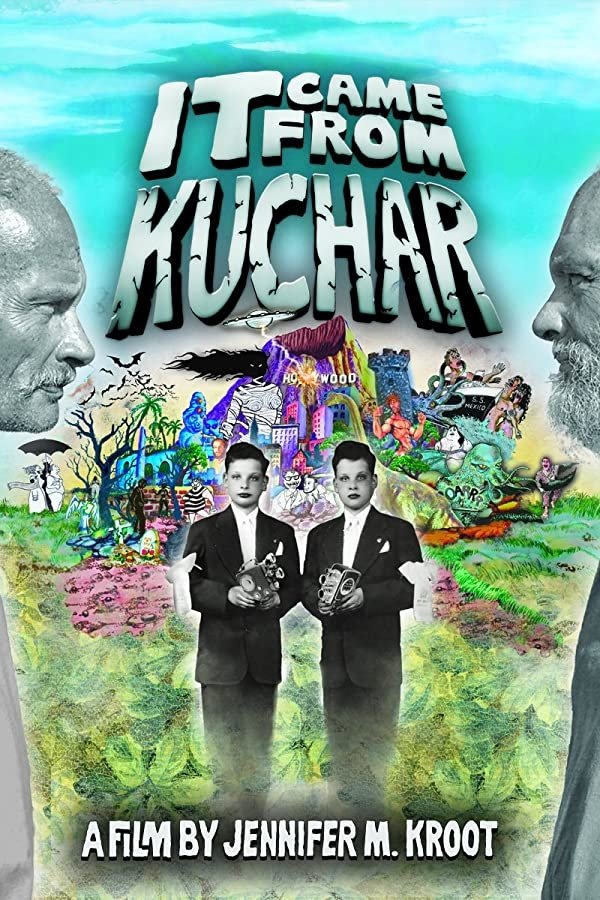
It Came from Kuchar is the definitive, feature documentary about the legendary, underground filmmaking twins, the Kuchar brothers. George and Mike Kuchar have inspired two generations of filmmakers, actors, musicians, and artists with their zany, "no budget" films and with their uniquely enchanting spirits.
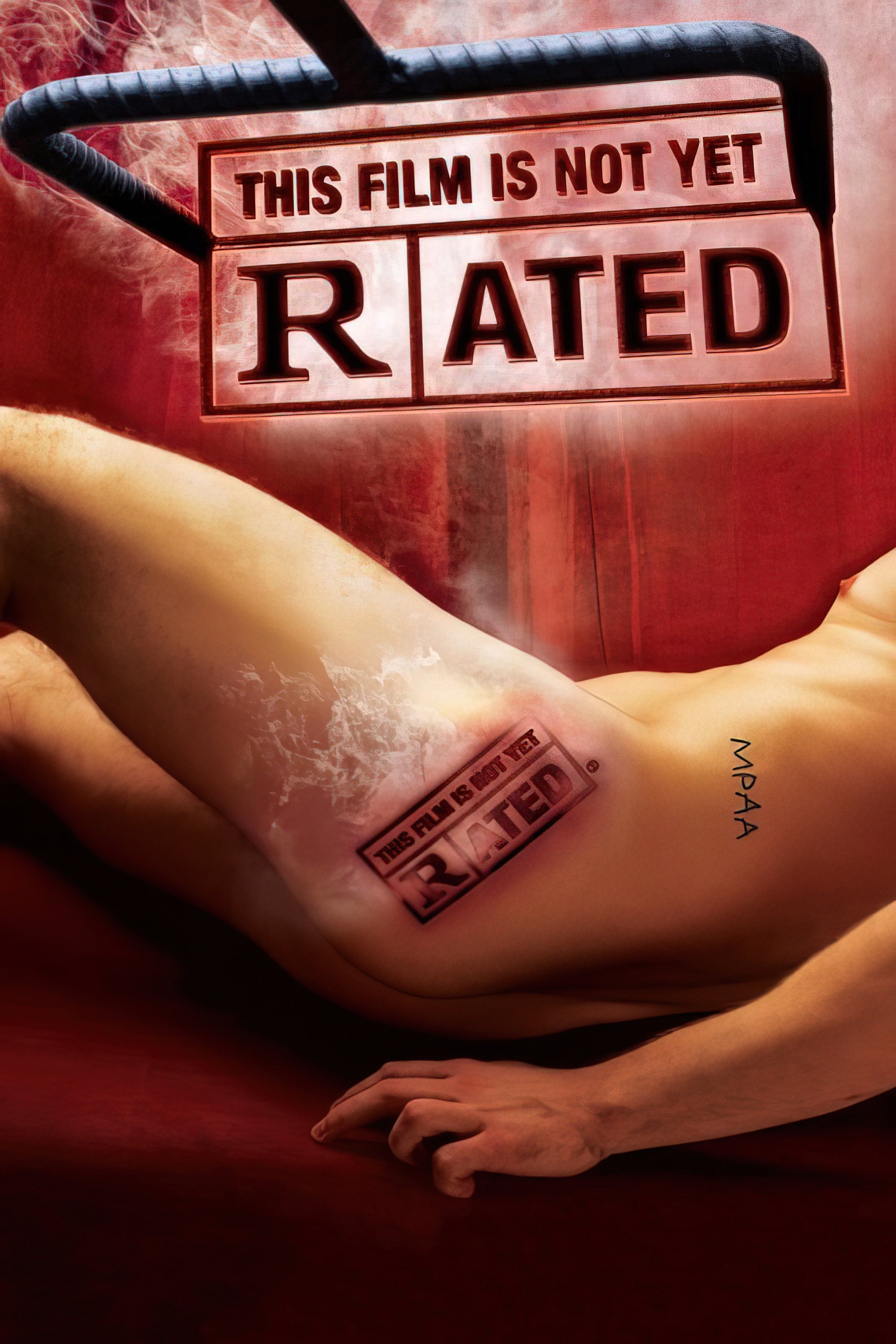
Kirby Dick's provocative documentary investigates the secretive and inconsistent process by which the Motion Picture Association of America rates films, revealing the organization's underhanded efforts to control culture. Dick questions whether certain studios get preferential treatment and exposes the discrepancies in how the MPAA views sex and violence.
Atom Egoyan CC (/ɛˈɡɔɪən/; Armenian: Ատոմ Եղոյեան; born July 19, 1960) is a Canadian filmmaker. Emerging in the 1980s as part of the Toronto New Wave, he made his career breakthrough with Exotica (1994), a film set in a strip club. Egoyan's most critically acclaimed film is the drama The Sweet Hereafter (1997), for which he received two Academy Award nominations. His biggest commercial success is the erotic thriller Chloe (2009). Egoyan's works often explore themes of alienation and isolation, featuring characters whose interactions are mediated through technology, bureaucracy, or other power structures. His films often follow non-linear plot structures, in which events are placed out of sequence in order to elicit specific emotional reactions from the audience by withholding key information. He received the 2008 Dan David Prize for "Creative Rendering of the Past" and the 2015 Governor General's Performing Arts Award. Egoyan is married to actress Arsinée Khanjian, whom he has often cast in his films. Description above from the Wikipedia article Atom Egoyan, licensed under CC-BY-SA, full list of contributors on Wikipedia.
By browsing this website, you accept our cookies policy.